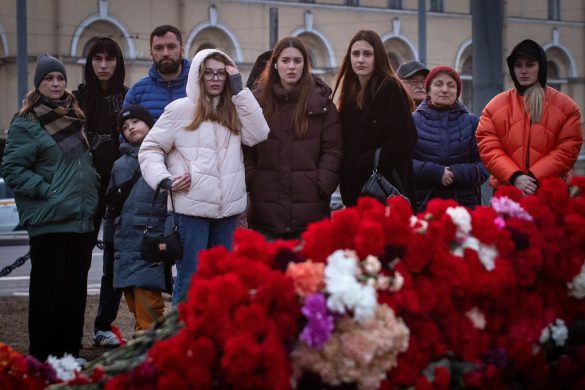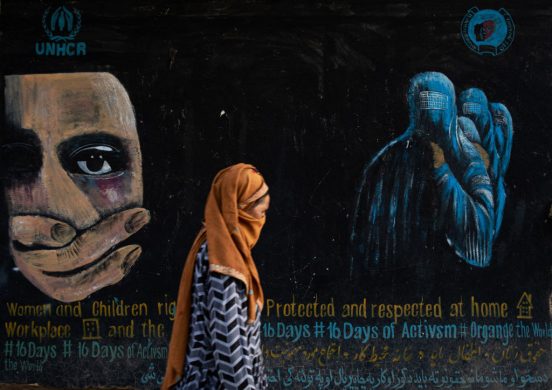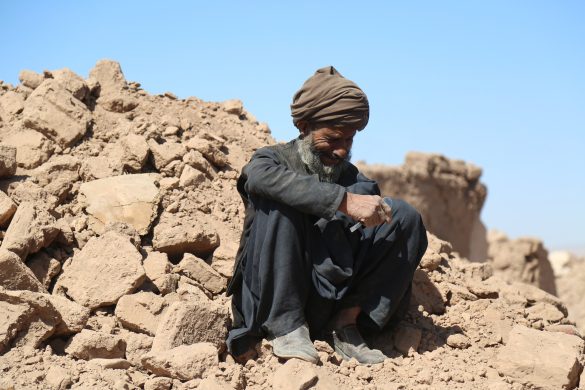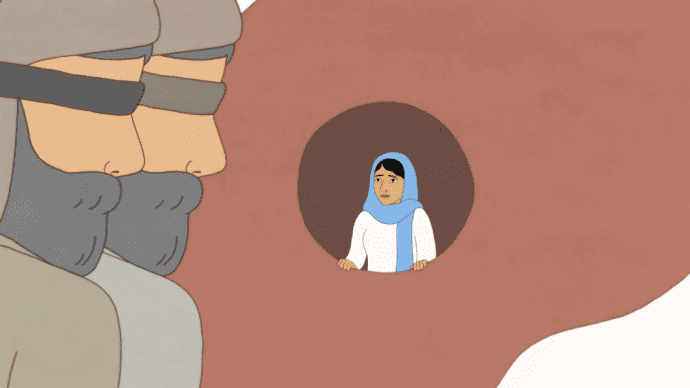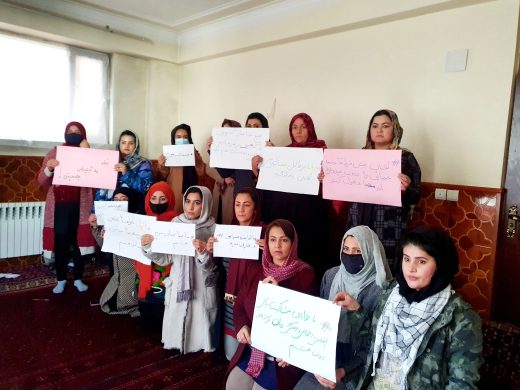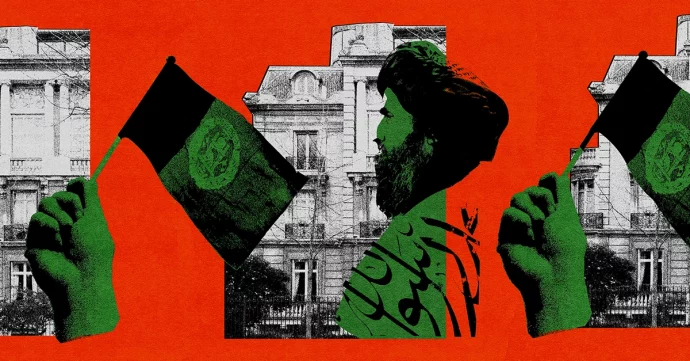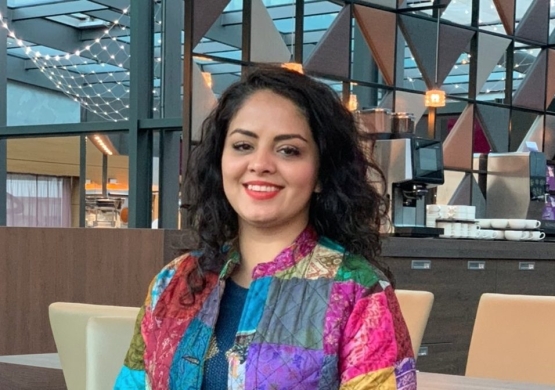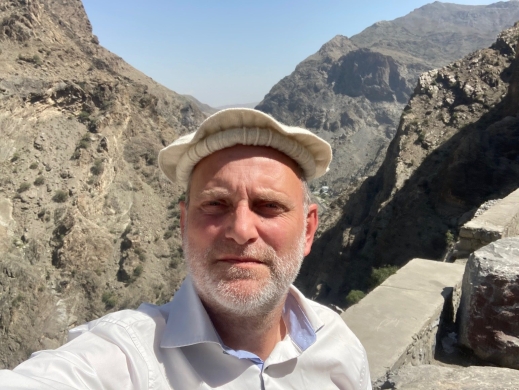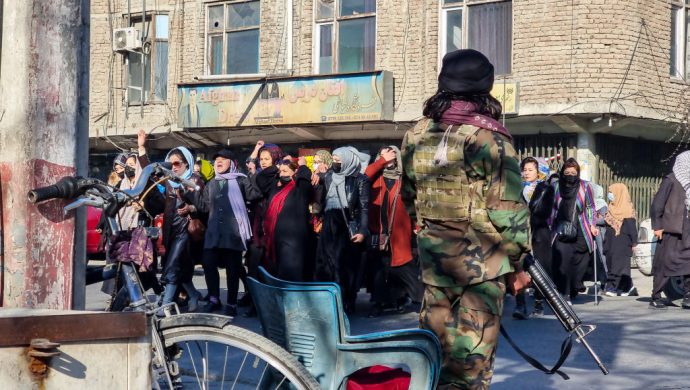BERLIN, 29. September 2016 (Transparency International): The international community is meeting in Brussels to seal a new four-year deal worth US$12 billion for Afghanistan, a country ranking 166 out of 168 on Transparency International’s 2015 Corruption Perceptions Index.
It is estimated that an eighth of all the money that goes to Afghanistan is lost to corruption. This must change.
Læs også: Mindre bistand til Afghanistan – dog fortsat største bistandsmodtager (05.10.2016)
From Promises to Action: Navigating Afghanistan's Anti-corruption Commitments, a new report from Transparency International, assesses Afghanistan’s progress on anti-corruption. The resounding conclusion is not enough has been made, but there are key steps that can be taken now.
These are the top recommendations that Afghanistan and the donor community must commit to:
Judicial Reform: The government must introduce merit-based appointments of judges by an independent judicial services commission, focus on training qualified prosecutors and speed up prosecutions.
Anti-corruption agency: The National Unity Government (NUG), lead by President Ghani, must establish an independent and well-resourced anti-corruption agency that is based on the United Nations Convention against Corruption framework and involves civil society.
Mandated asset declarations: All senior civil servants, politicians, and senior staff in the executive, legislative and judicial sectors must publish asset declarations. These declarations need to be verified and monitored to ensure that no one is using their positions of power for personal enrichment.
Civil Society and access to information: the NUG must recognise the important oversight role that civil society plays in monitoring anti-corruption. Transparency International recommends:
- The NUG signs the Open Government Partnership
- Implement the 2014 Access to Information Law
- Include representatives from civil society and the Afghan parliament as participants or observers in the newly established High Council for Governance, Rule of Law and Anti-Corruption



